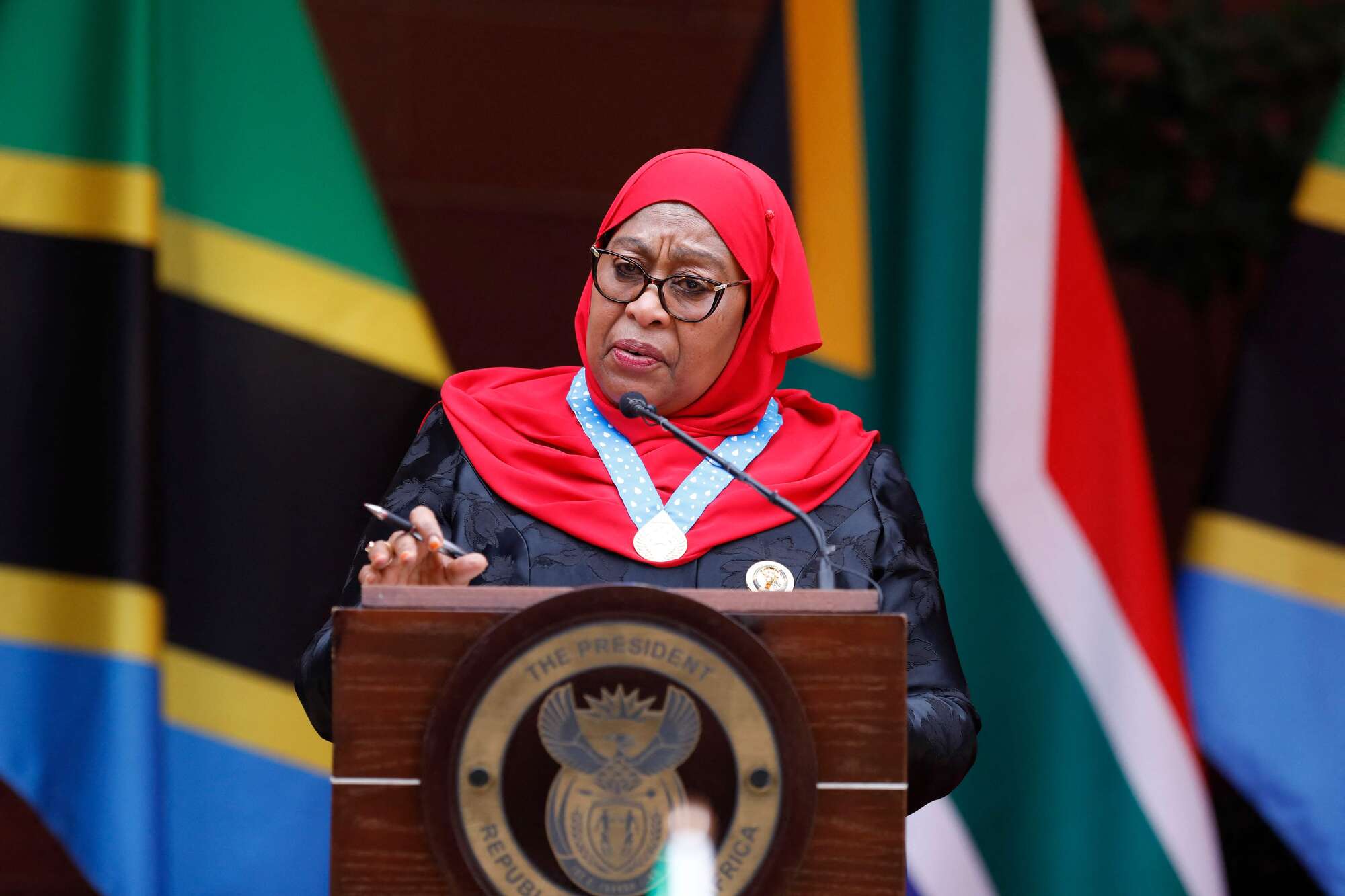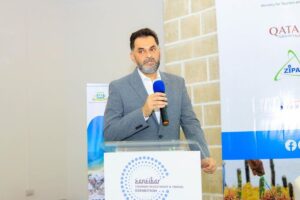As Tanzania commemorates the 25th anniversary of Mwalimu Julius Nyerere’s passing, his contributions to the nation’s health sector remain a lasting legacy.
Nyerere, born on April 13, 1922, in Butiama, Mara Region, passed away on October 14, 1999, in a London hospital where he was receiving treatment.
After gaining independence in 1961, Nyerere declared a war against three major challenges: poverty, ignorance, and disease.
His government prioritized universal access to free healthcare, establishing numerous health facilities across the country through the Ujamaa policy, which aimed to ensure that all citizens could receive medical care close to home.
Prior to independence, health services were predominantly available in urban areas, leaving rural populations underserved. Recognizing the vital link between health and national development, Nyerere’s government worked to expand access to healthcare services.
Health initiatives became integral to national development plans, with the First Five-Year Development Plan (1964-1969) emphasizing the establishment of regional hospitals and enhancing specialist care.
Subsequent plans focused on preventive measures to combat communicable diseases and improve healthcare access in both urban and rural areas.
The Third Five-Year Development Plan (1976-1981) aligned with the global call for primary healthcare established at the Alma Ata conference in 1978, aiming for health for all by the year 2000.
The groundwork laid by Nyerere’s administration set the stage for ongoing improvements in Tanzania’s health sector.
ALSO READ: Mwalimu Nyerere, a rare visionary leader
Today, six decades post-independence, the country has witnessed significant advancements in primary healthcare, largely due to the stable foundation established by Nyerere, who recognized disease as a primary enemy.
Successive governments have continued this mission, implementing robust health policies in collaboration with religious institutions, private organizations, and community stakeholders.
The number of health facilities has soared from just 1,343 before independence to 11,040 by March 2023, including 430 hospitals and 1,030 health centers.
As of March 2023, Tanzania boasted 95,868 hospital beds, reflecting a growing capacity to meet the healthcare needs of the population.
Government efforts have ensured a steady supply of medicines, equipment, and medical supplies, while specialized services are increasingly accessible through various hospitals across the country.
Tanzanians no longer need to travel abroad for complex medical procedures like kidney transplants and cochlear implants, which are now available at Muhimbili National Hospital.
The Jakaya Kikwete Cardiac Institute has also made strides, performing over 1,190 closed-heart surgeries and 345 open-heart surgeries within three years.
Investments in the Ocean Road Cancer Institute have enhanced cancer care, allowing the facility to treat up to 300 patients daily and ensuring that essential cancer medications are fully stocked.
Meanwhile, the Muhimbili Orthopaedic Institute has conducted significant numbers of spine and brain surgeries, demonstrating advancements in specialized care.
The government’s initiatives have not only improved local healthcare but also strengthened medical tourism, attracting patients from neighboring countries seeking specialized services.
In conclusion, Nyerere’s vision for a healthier Tanzania continues to thrive, with his legacy shaping the country’s health sector and ensuring that all citizens can access the care they need.
Source: allafrica.com














